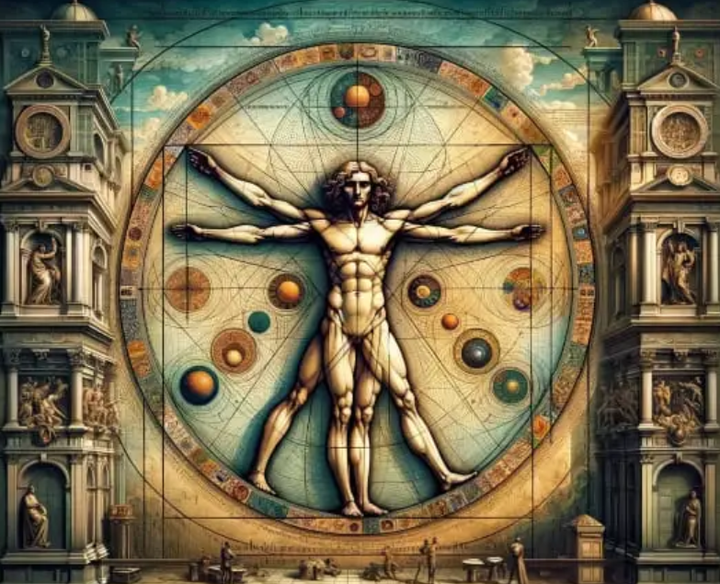The Trifold Mysteries of Existence: The Universe, Life, and Consciousness

When we ponder our existence—whether as individuals, artists, philosophers, or scientists—all questions ultimately boil down to three foundational mysteries: the origins of the universe, life, and consciousness.
Consider the pivotal role of consciousness: The very observer who is comprehending everything is not just a passive participant, but an active agent in how we approach all mysteries, interpret our universe, and define our place within it. This prompts us to wonder why anything exists at all and appreciate the advantages of being conscious organisms rather than mere self-replicating bags of chemicals.
In cosmology, the Big Bang theory and discoveries of cosmic microwave background radiation once suggested we were close to fully understanding the universe's origins. However, recent Webb Telescope observations and other advancements have unveiled new complexities. These findings indicate that significant gaps still exist in our knowledge of the cosmos, reminding us that the universe holds more profound mysteries yet to be discovered.
In biology, Stanley Miller's experiment, which created organic compounds, made many think we were close to understanding life's origins. Similarly, the discovery of DNA seemed to unravel life's mysteries. Yet, as time and further studies have shown, the reality is more complex, like Michael Levin’s bioelectricity research. DNA has a more specific role than initially believed, and we have yet to synthesize life or fully understand its intricacies.
Despite the vast strides we have made, these enigmatic questions remain largely unanswered, fueling our curiosity and driving us to further examination. What new insights might we uncover next, especially if we place consciousness at the forefront of our explorations?


